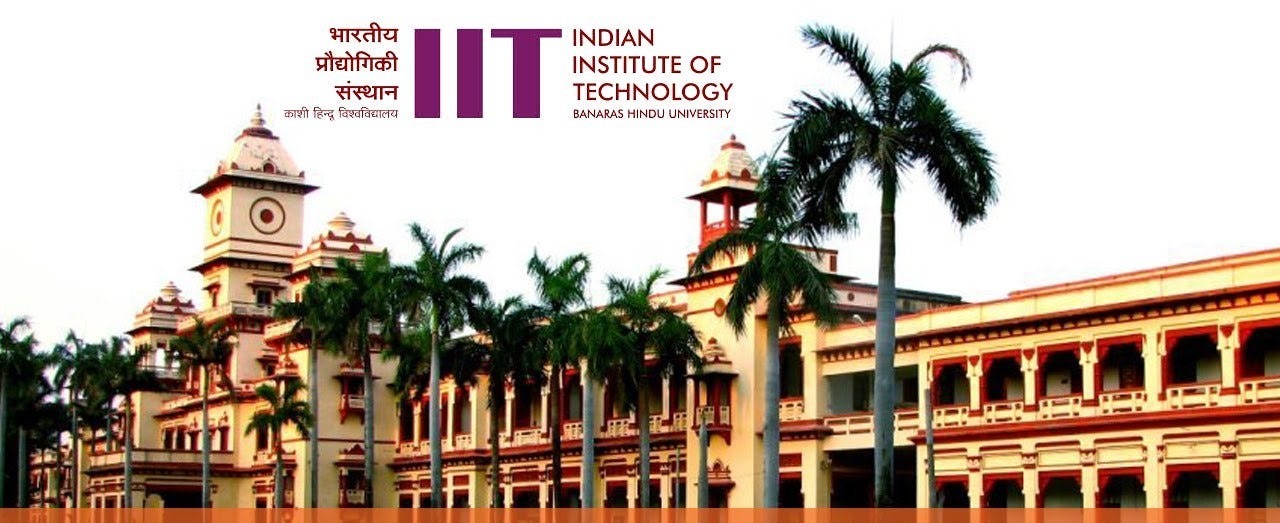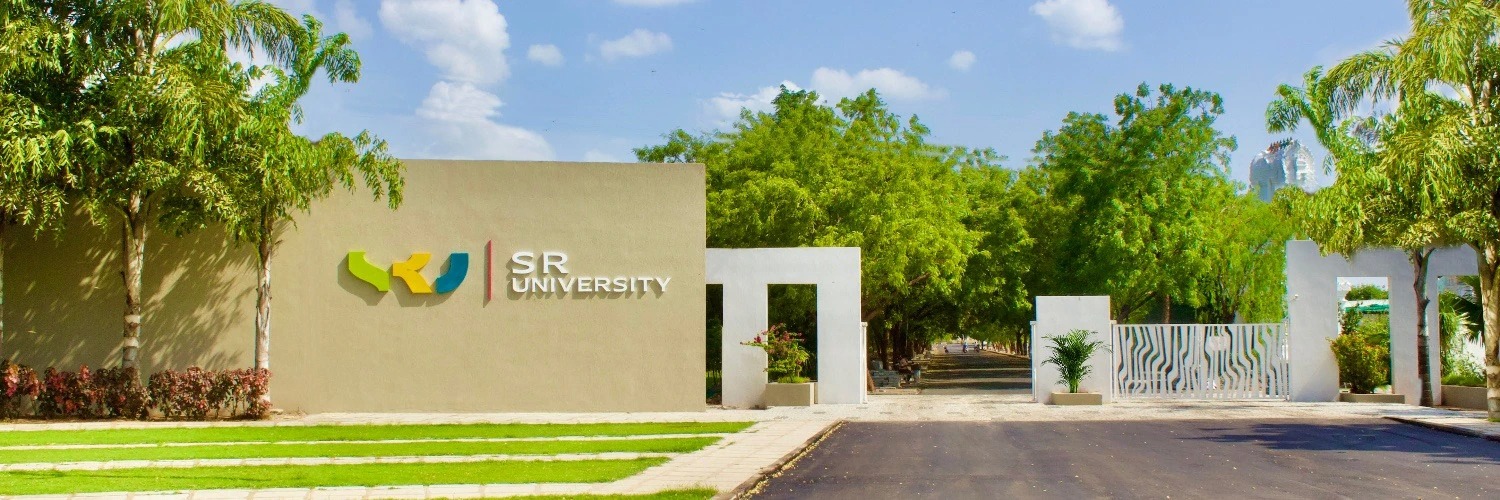
Follow WOWNEWS 24x7 on:

The Indian Institute of Technology (BHU) Varanasi has earned international acclaim with its innovative mobile application, CommuteQ, which was declared a global winner of the Urban Transport Challenge 2025. Organized by the Toyota Mobility Foundation in collaboration with WRI India, Bangalore Metro, BMTC, and ELCIA, the challenge recognizes pioneering efforts to make urban commuting more sustainable, seamless, and eco-friendly. CommuteQ stands out for its creative technological solutions and a human-centric design aimed at transforming travel behavior in fast-growing Indian cities.
Key Highlights of the CommuteQ Achievement:
CommuteQ is a mobile app project developed under the leadership of Dr. Agnivesh Pani, Assistant Professor in the Department of Civil Engineering at IIT-BHU. It involves collaboration with experts from IIT Tirupati, IIIT Bangalore, IIM Indore, and ITSPE India.
The app’s primary goal is to encourage sustainable travel modes such as walking, cycling, and public transportation by leveraging digital tools integrated with behavioral science insights.
Currently in its beta-testing phase, CommuteQ features include “Mobility Quests” that gamify low-carbon travel, a personal commute tracker, real-time smart travel suggestions, and visual records of eco-friendly journeys.
The app assists commuters in making informed choices by providing real-time information on low-pollution routes, availability of taxis, auto-rickshaws, and metro services, as well as amenities like nearby food and medicine facilities. It includes visibility and safety features for night travel.
For urban planners and municipal authorities, CommuteQ offers an analytical dashboard that provides valuable data on commuter habits and preferences, supporting better transport planning and policy decisions.
Innovative Approach to Sustainable Urban Mobility:
CommuteQ employs a blend of real-time data, hyperlocal storytelling, and gamification incentives to nudge users away from solo car trips and towards shared, active, and public transport modes. The app not only tracks individual carbon savings but also fosters community engagement to build a culture of sustainable travel.
Dr. Pani explains that the app is designed to create a connection with users, promoting gradual positive changes in travel behavior through a smart, user-friendly interface. The integration of behavioral nudges with technology signifies a new era in mobility apps that go beyond convenience to influence climate-positive habits.
Pilot and Future Plans:
Winning the Urban Transport Challenge 2025 brings CommuteQ funding of approximately Rs. 83 lakhs (around $100,000), which will be used to launch a nine-month behavioral mobility pilot in Electronics City, Bengaluru starting September 2025. This pilot will test the app’s real-world impact on travel habits and gather further insights for refinement.
Following the successful pilot, the app is slated for phased expansion across multiple Indian cities, aiming to become widely accessible on both Google Play Store and Apple App Store within the next three months, thus reaching a broader audience.
Institutional Pride and Wider Impact:
IIT (BHU) Director, Prof. Amit Patra, described the award as a moment of great pride for the institute, highlighting the team’s accomplishment in merging technology, innovation, and societal benefit to address critical urban challenges.
By promoting eco-friendly commuting alternatives, CommuteQ contributes to reducing air pollution, traffic congestion, and carbon emissions—issues that severely impact India’s urban centers. Its data-driven approach aids in shaping smarter, greener city transport systems that align with national sustainability goals.
Conclusion:
The international recognition of IIT-BHU’s CommuteQ app underscores the institute’s role at the forefront of sustainable urban mobility innovation. This initiative exemplifies how academic research, interdisciplinary collaboration, and cutting-edge technology can unite to address pressing global issues like climate change and urban congestion.
With its upcoming pilot in Bengaluru and plans for nationwide rollout, CommuteQ is poised to redefine the future of commuting in India by encouraging behavioral shifts toward greener, smarter travel. This success also sets a benchmark for similar technological solutions aimed at enhancing urban living while preserving environmental health.
Source: Times of India; Amar Ujala; Live Hindustan; IIT-BHU official announcements; Toyota Mobility Foundation



